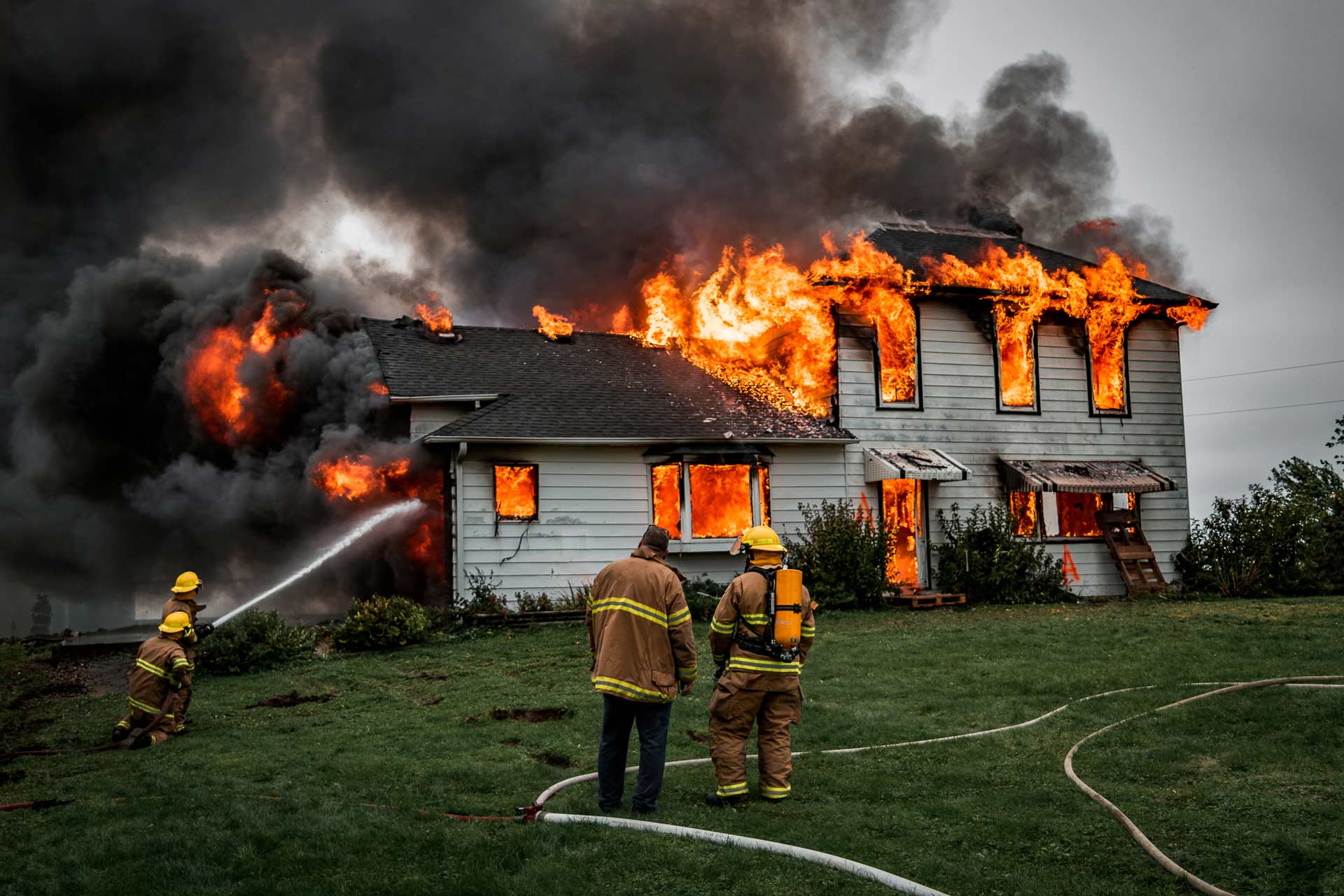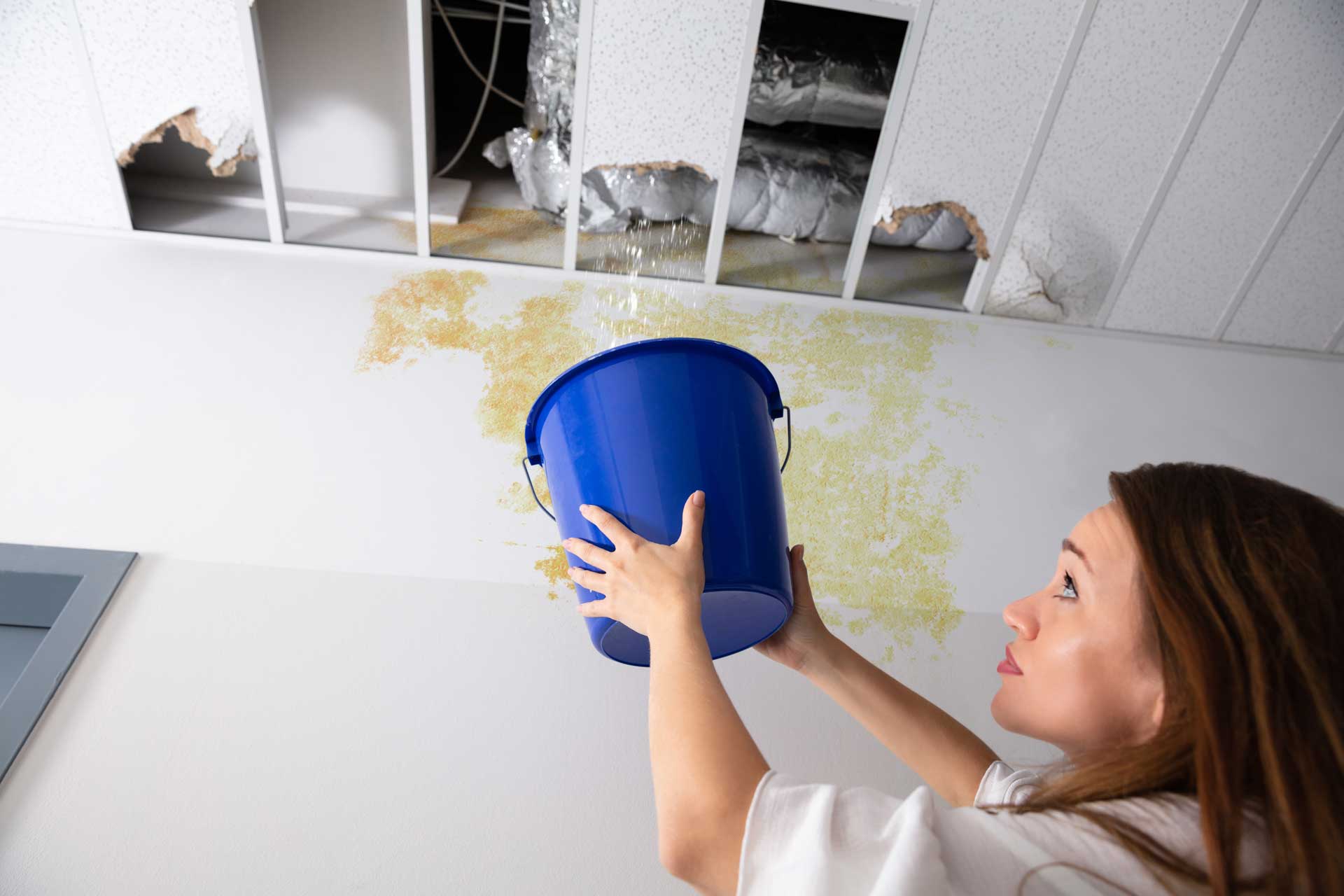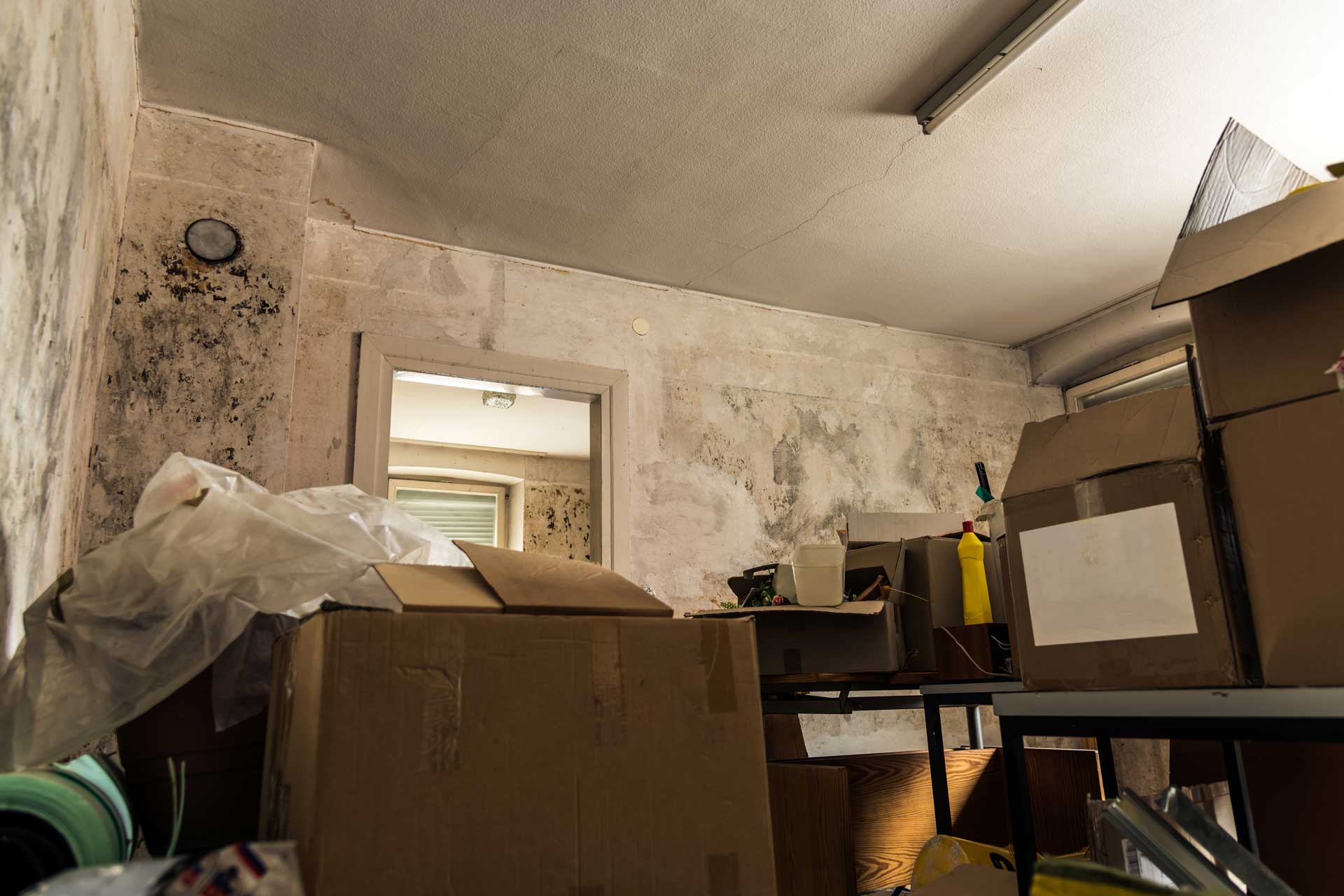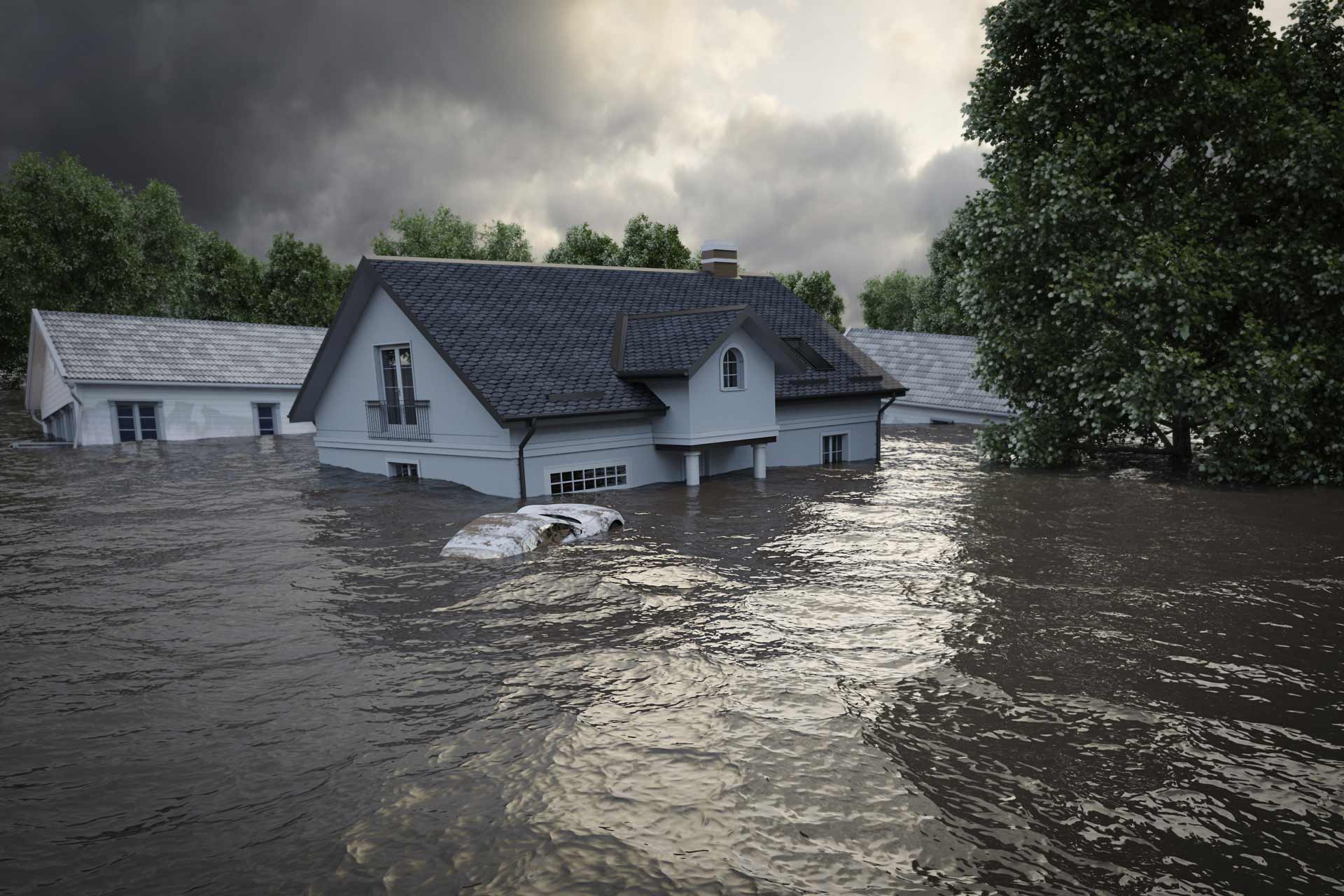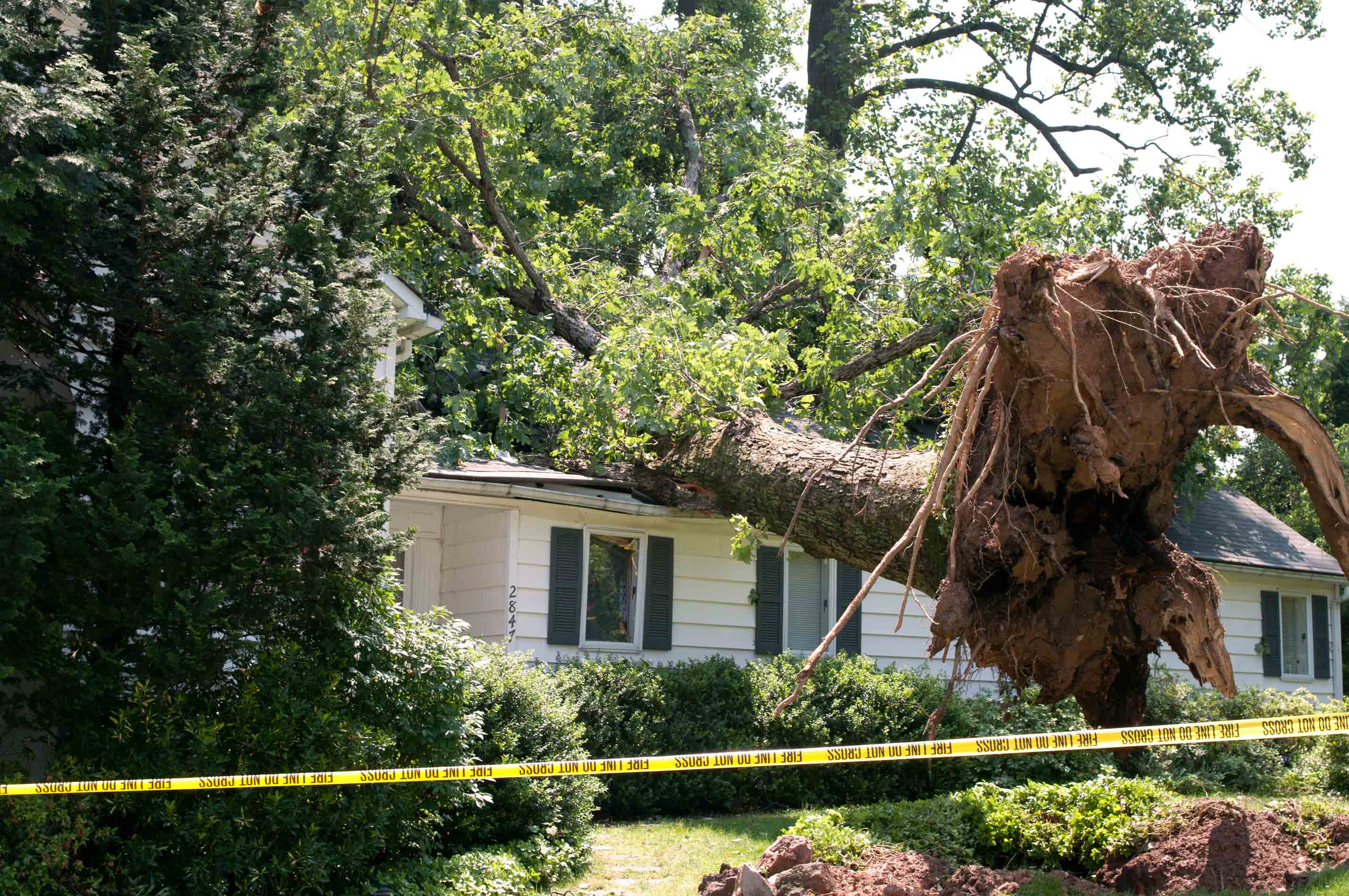Immediate Response, Lasting Solutions
Fire, Water, and Mold Damage Specialists
Restoration Specialists of Virginia | Compassionate Recovery During Your Time of Need
We understand the wave of emotions you’re experiencing – uncertainty, fear, panic, anger, frustration, and more – as you confront damage to your home or business. It’s more than just physical damage; it’s a disruption to your life’s stability and security. That’s why we’re dedicated to more than just structural and content clean-up and restoration; we will provide reassurance and clarity through every step of the restoration process.
With over 30 years of combined experience, our team approaches every project with utmost care and professionalism. We are committed to transparent and honest communication, ensuring you understand every part of the recovery process. Our streamlined communication protocols with insurance companies exists to reduce your stress and provide transparency ensuring that as your advocate, we keep your needs front and center through resolution.
Our goal is to make this journey with you as seamless and stress-free as possible, allowing you to focus on what matters most—rebuilding and moving forward. Let us be your guiding hand. Choose Restoration Specialists of Virginia to help navigate through this challenging time with compassionate professionals and all the expertise you need.
Our Services
Fire & Smoke
Damage Resoration
Restoring More Than Just Property

Smoke from a fire can deeply penetrate your home, affecting walls, carpets, and belongings with a persistent odor and residue that pose serious health risks. At Restoration Specialists of Virginia, we recognize the emotional toll and health hazards that fire and smoke damage can invoke. Our IICRC-certified team is dedicated to restoring not only your property but also ensuring a healthy environment for you and your family. Using state-of-the-art techniques, we focus on deep structural cleaning to remove all harmful residues thoroughly. We treat your belongings with the utmost care, ensuring each item is returned in the best possible condition. Our compassionate service and clear communication guide you through every step, from initial assessment to final restoration. We are the trustworthy experts in central Virginia for professional fire and smoke damage restoration services. When you choose Restoration Specialists of Virginia you will receive clarity via frequent communications; and you will breathe confidently in your restored living space.

“We needed to find a company to clean up the mess from the fire and water damage to my house in Hanover County. Restoration Specialists of VA swiftly came to our rescue! After the first day of the tedious and emotionally difficult process of the content inventory stage, Justin Lancaster recognized just how difficult this was for my daughter. The very next morning he came up with a new tailor-fit plan for his crew to follow going forward. This allowed my daughter to better process the devastation and losses of all she owned. He also assigned Lisa to work alongside her during inventory to help locate and sort out the remnants of sentimental items room by room. This was exactly what she needed! The high level of respect Justin offered by listening to her concerns and needs and then following through in a quick and compassionate manner showed us that he and his team genuinely cared about what her family was going through.”


Water Damage Restoration
Protecting Your Home, Caring for Your Family

When water damage strikes your home, the impact can feel overwhelming. From busted pipes and leaky toilets to water leaks with dishwashers, refrigerators, and washing machines, water can invade from multiple sources. No matter the cause, every minute counts. At Restoration Specialists of Virginia, we’re here to provide prompt, reliable relief. Our expert team uses cutting-edge technology and equipment to detect hidden moisture and to thoroughly dry your home, preventing further damage and mold growth.
We focus on minimizing the disruption to your daily life while maximizing the recovery of your cherished home. Let Restoration Specialists of Virginia bring you back to dry ground. Trust us to protect not just your property, but also the well-being of your family.

“Justin, Dakota, and all the individuals at Restoration Specialists have been the best to work with. We have had a few incidents with water damage in our home over the years and I always receive a prompt call back, good prices, and exceptional service. Working with insurance is also easy when they are involved. We have used other companies over the years who just don’t provide the same level of quality and personal service. They do a wonderful job!”


Mold Remediation
Protecting the Health and Safety of Your Home & Family

Discovering mold in your home can be distressing. It poses not just a risk to your property’s structure but also to the health of everyone inside. At Restoration Specialists of Virginia, we understand the urgency and delicacy required in addressing mold in your home. Our IICRC-certified team specializes in identifying, containing, and eradicating mold effectively to ensure your indoor environment is safe and healthy. Too often mold is in the air or not visible. If it’s there we will find it and remediate it.
Using advanced techniques and equipment, we tackle mold at its source. We focus on thorough removal and prevention strategies to safeguard your home against future problems. Our process includes detailed assessments, effective containment, professional air filtration, and comprehensive treatment of affected areas to eliminate mold spores and prevent their return.
Let us restore your peace of mind with our professional mold remediation services. Trust Restoration Specialists of Virginia to protect not only your property but also the health & safety of your family.

“There are not enough positive things to say about Justin and his team with Restoration Specialists of Virginia! The dental office I manage had an older piece of equipment that we discovered had a slow leak that had caused water damage to the surrounding walls and floors. From the very first step, Justin was professional and helped ensure that the clean up job was handled as quickly but also as thoroughly as possible. He recommended the services of an industrial hygienist to test the area both pre and post remediation to ensure that the restoration efforts were successful, alleviating so much of the associated stress with this type of project. The crew that specifically handled out project included Dakota, Jo, and Jose, and all were extremely friendly and professional in each encounter we had. They worked endless hours (including their weekends) to help us get the clean up portion of our project done as quickly as possible, and didn’t blink an eye when additional hurdles like double drywall suddenly popped up. The team isolated the work area to keep everything in the office clean, and were all around wonderful to work with! I would highly recommend Justin and his teams for any of your fire/water/mold cleanup needs! We are forever grateful for their work and that we chose to use them for our project!”


Content Recovery &
Preserving Your Valued Possessions
Precise Content Assesment

When disasters like fire, water, or mold strike, they can damage more than just your property—they can also harm your personal belongings. At Restoration Specialists of Virginia, we provide comprehensive content recovery services tailored for you during these challenging circumstances.
Our process begins with a thorough evaluation, followed by a detailed inventory, complete with photographs of both salvageable and unsalvageable items. This meticulous documentation is essential for streamlining the insurance claims process and ensuring you receive the compensation you are entitled to. Our IICRC-certified professionals carefully assess the condition of each item, then pack and transport them to our secure facility for specialized cleaning and safe storage.
We aim to salvage and restore as much as possible to their pre-loss condition. For items beyond recovery, we provide detailed, documented evidence and documentation to support your insurance claim, facilitating a smoother settlement Process. Trust Restoration Specialists of Virginia to protect and restore your personal and valuable belongings. We’re committed to bringing you peace of mind by handling every detail of the content recovery process with the utmost care during these trying times.

“My insurance company recommended three different restoration services companies. Two were large franchises (Serv-Pro & Rainbow Restoration) and one a local company (Restoration Specialists of Virginia) – I chose to go with Restoration Specialists of Virginia. We had a garage fire on 1/24/2024 – the building and contents were a total loss. RSVA did a great job of documenting the contents of the garage for the insurance company. They also disposed of all contents. They were constantly in contact with me throughout the process – keeping me updated on next steps. In talking with them they seem like a very tight team having worked together for many years. Great customer service – I highly recommend RSVA – very happy customer.”


Customer Advocacy
Prioritizing Your Needs, Not the Insurance Company’s

In the complex landscape of fire and water damage restoration, many insurance companies employ Third Party Administrators (TPAs) and rely on national franchises to manage claims. These entities often prioritize the interests of the insurance company over the individual needs of homeowners. This approach can sometimes lead to conflicts of interest, where the recommended services may not always align with the best outcomes for the customer.
At Restoration Specialists of Virginia, we are proud to stand apart as one of the few fire and water damage restoration companies that are not part of any insurance company’s TPA network. Our independence allows us to focus solely on what is best for you, not what is most cost-effective for the insurer. By not being tied to the constraints and requirements of TPAs, we can advocate more effectively on your behalf, ensuring that your needs and concerns are addressed first and foremost.
Our commitment to customer advocacy means that we work directly for you with your insurance company to navigate claims, provide thorough documentation, and strongly advocating for the necessary services to properly restore your property. We believe in transparency and open communication, which are crucial in making sure that you are fully informed and satisfied every step of the way. Choose Restoration Specialists of Virginia for genuine advocacy. Trust us to put your interests first, helping to restore not just your property, but your peace of mind.

“Justin was very communicative and professional. I always prefer using small local businesses to help support out communities. Justin and his company proved why I continue that practice. He was on site quickly, reassured me he was working for OUR family and not the insurance company. Justin listened and gave great suggestions for our specific situation. I would recommend them to anyone else. Thanks!”


Flood Damage
Restoration
Bringing Your Property Back from Floods

When floodwaters invade your property, rapid response is crucial. At Restoration Specialists of Virginia (RSVA), we provide comprehensive flood damage restoration services to mitigate water damage and prevent further issues such as mold growth. Our experienced team is equipped to handle water extraction, drying, and thorough cleanup, ensuring your property is safe, clean, and restored to its pre-damage state. Trust us to help you navigate this challenging time with expertise and care.

“After being gone on vacation and coming home to a completely flooded basement we were so lucky to have found Justin and his entire team at Restoration Specialists of VA!! They were out the next morning, set up fans and began the process of cleaning up the mess! Dakota and the clean-up crew were great to work with, very professional and responsive! All our our items were handled with care throughout the entire process. Highly recommend!!”


Storm Damage
Restoration
Rapid Response, Securing Your Home

When a storm hits, the immediate aftermath can leave you and your home vulnerable to further risks and damage. High winds, hail, and heavy rains can compromise your property’s structure, leaving openings that need urgent attention. At Restoration Specialists of Virginia, we’re here to provide prompt and, reliable support to secure your property and prevent additional harm.
Our storm response team acts swiftly to stabilize your home. We offer emergency tarping to cover damaged roofs, board-up services to secure broken windows and doors, and water extraction to mitigate interior water damage. These measures help protect your property from weather exposure, unauthorized entry, and further deterioration.
Our IICRC-certified team is trained in best practices for storm damage mitigation, ensuring that every action we take prioritizes your safety and peace of mind. Let Restoration Specialists of Virginia help shield your home and belongings, bringing security and stability when it’s needed most.

“Restoration Specialists did a very thorough and professional job of evaluating and storing our contents from a tree falling on our house. Justin and his Team are very friendly and caring people that are very easy to work with. I would recommend Restoration Specialists anytime you need help with an unplanned catastrophic event.”


Emergency Restoration Services
Here When You Need Us Most

Disasters don’t wait for a convenient time, and neither do we. At Restoration Specialists of Virginia, we understand that emergencies require an immediate response to protect your home and minimize damage. Whether it’s fire, water, mold, or storm-related damage, our dedicated team is ready to respond 24/7 to bring swift, expert care to your property.
Our emergency services include water extraction, structural drying, smoke and soot cleanup, mold containment, property securing, and more. We arrive promptly, equipped with advanced technology and industry-leading methods to tackle the situation efficiently and effectively. From emergency tarping and board-ups to containment and moisture control, our IICRC-certified team ensures that your property is stabilized and secure.
Our goal is to minimize disruption, protect your belongings, and bring peace of mind during a difficult time. Trust Restoration Specialists of Virginia for reliable, compassionate service when you need it most. We’re here to restore not just your property, but also your sense of safety.

“We had a washer leak through our second floor and into our
kitchen. I called Justin and he was at my house within an hour. His team was thorough,
communicative, on time, clean and professional! He walked through the process in
detail,checked in periodically and was able to recommend contractors to help us out. I
highly recommend his services to anyone with water damage or restoration needs!”


Reviews
Restoration Specialists of Virginia did a great job. Justin was very responsive and communicated well. The crew did a great job and in a timely manner. I received regular updates on progress, and all paperwork was submitted in a timely manner. This company takes pride in what they do, and it shows in their work and personal professionalism. I would highly recommend them over the big companies. It has been a good experience working with them on my project.
Very professional and thorough. Communication was great throughout the process, and they work directly with the insurance company.
Dakota and Jo were very helpful, courteous, and professional throughout the process. They even came up with a solution to avoid cutting up a rug to place the drying equipment. I would definitely use Restoration Specialists of Virginia again if needed (although I do hope they aren’t needed 😁)
Due to unexpected circumstances, we required restoration services on our house. We were fortunate to partner with Restoration Specialists of Virginia. Justin went over the scope of work to be completed. He took his time and explained the process and readily answered questions. His communication and updates were excellent throughout the process. His team, Dakota, Jose and Joe were also outstanding. They were professional and efficient. I highly recommend their services.
I highly recommend using this company for any of your remediation and restoration needs. Justin was in contact with me quickly and was very helpful in getting me to my goal in a timely manner. He was able to get us worked in between two big jobs to help us get our basement back. Dakota Jose and Joe made quick work of our clean up and left the space spotless and mold free! I highly recommend these guys and would use them in the future if I need any help with mold or restoration again!
My complex brought in the Restoration Specialists to do work on a utility closet in my unit. Unfortunately, I had been unable to get my dogs out of the apartment before they arrived. Luckily the workers, Dakota and Jose, were not only agreeable to doing the work with my dogs still in the apartment, but the love and attention shown to both dogs were just above and beyond what I could have hoped for! Not only did they do a great job with the repairs, but they really exemplified a high standard of care and kindness. Me (and my pups!) will definitely be recommending them to others in the future!
Dakota, Jose and Justin were no less than AMAZING!!!! Prompt service, personable, took care of everything including watching over my pup for the day! He is a big dog and can seem intimidating, but he ran right up to them and got all the love. Although the circumstances I don’t wish to repeat I will use them any time I need their services! I can’t praise them enough!
Such a great team! Can’t recommend enough. They were able to help right away and worked around my busy schedule. They were timely and very considerate and did an amazing job with a leak upstairs that damaged my kitchen cabinets counter and dry wall.
Restoration Specialists handled the dry out and damaged flooring/mold removal in our home from an ac backup. They also performed the pack up and furniture removal so our new floors could be installed. Everything went smoothly and we are very happy with the services provided. Dakota and Justin handled the communication with our insurance to get the best possible outcome. Thank-you so very much!!
My experience with Restoration Specialists of VA was great! I had significant water damage to my home and after contacting my insurance company, Justin called me right away. He quickly came out to my home to assess the damage and then brought his crew back to start the process of cutting out the drywall and pulling up the floors where the water damage has occurred. Justin is very hard working and trustworthy and the guys that work for him are just as friendly and hard working. They work quickly and are efficient. You won’t be disappointed with this company. Thanks Justin!
Justin and his team are very professional, knowledgeable and responsive. We had a major water leak that required drywall, tile, carpet and flooring removal in addition to work in the crawl space and the demo of a bathroom. They cleaned up each day and we always knew what to expect for the next day or when they would be coming back to continue the work. We could not have asked for a better company to have handled this for us.
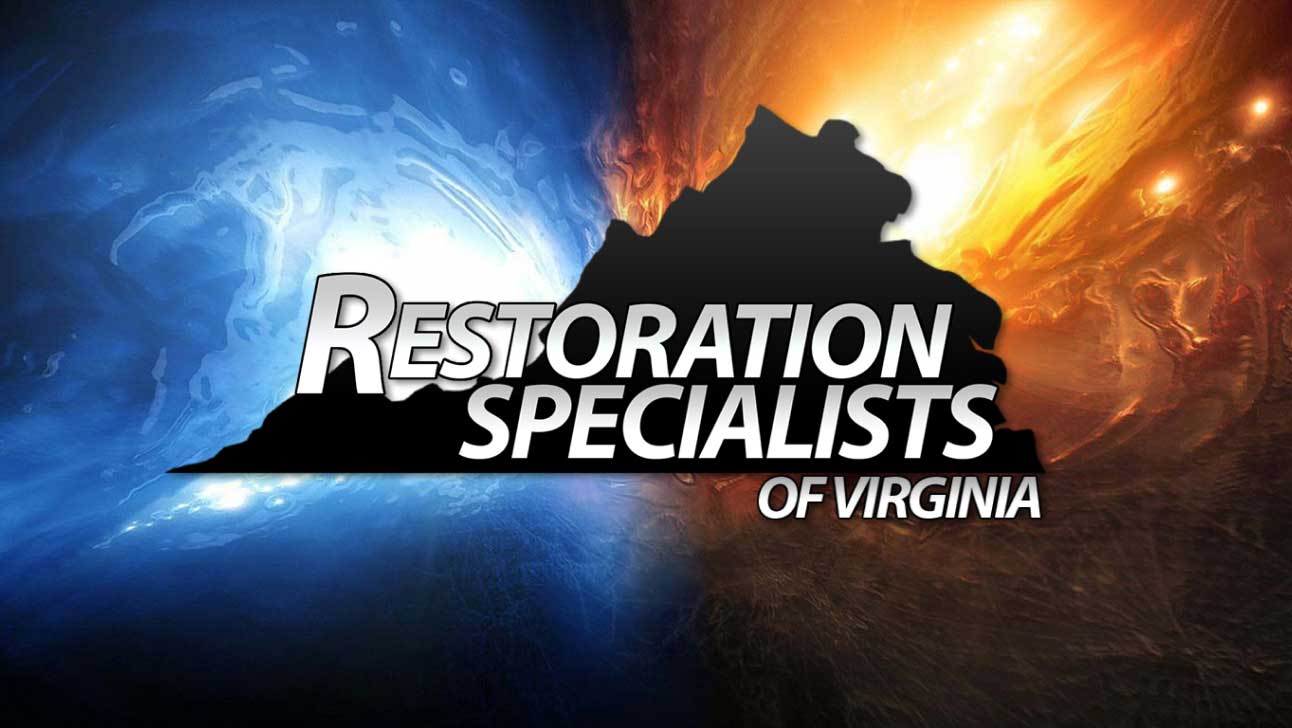
About Us
Restoration Specialists of Virginia is dedicated to providing exceptional restoration services to our community, specializing in water, fire, and mold damage recovery. With years of industry experience, our skilled team combines expertise with a genuine commitment to helping homeowners and businesses navigate the challenges of property damage. We believe in approaching every project with integrity, compassion, and a focus on quality, ensuring that we restore not only structures but also peace of mind. Our mission is to be a reliable partner in your recovery journey, delivering personalized solutions that prioritize safety and excellence.
Team Leadership

Justin
CEO, Founder
Jason
CFO
Jose
Lead Technician
Stephen
Field Technician
Julia
Operations Manager


We Cater to Customers in a 50 Mile Radius Surrounding the Richmond Tri-Cities Area
Including: King William, VA · Petersburg, VA · Colonial Heights, VA · Hopewell, VA · Chesterfield, VA · Ashland, VA · Glen Allen, VA · Richmond, VA · Tappahannock, VA · Mechanicsville, VA · Henrico, VA · Aylett, VA · Manquin, VA · Prince George, VA
Get StartedEducation
We aim to empower homeowners with essential tips and best practices to keep their homes safe from potential hazards like water damage, fire risks, and mold growth. Regular maintenance is key—ensure that gutters are clear, appliances are in good working order, and leaks are promptly addressed. Additionally, installing smoke detectors and carbon monoxide alarms, along with creating an emergency plan, can significantly enhance your home’s safety. By staying informed and proactive, you can protect your property and loved ones, ensuring a secure and healthy living environment for years to come.
Why It's Important to Do Your Homework When Hiring a Restoration Company

When disaster strikes your home—whether water damage, fire damage, or mold—choosing the right restoration company can make all the difference. Unfortunately, many homeowners unknowingly place their trust in companies recommended by their insurance company without fully understanding how these “preferred vendors” operate.
Here’s what you need to know before hiring a restoration company:
What Are “Preferred Vendors”?
Most insurance companies partner with contractors or restoration companies through third-party programs, often referred to as “TPAs” (Third-Party Administrators). These companies are labeled as “in-network” or “preferred vendors.” While it may sound like a convenient option, homeowners should understand the potential conflicts of interest that can arise from this arrangement.
How Do These Programs Work?
Preferred vendors are typically required to sign contracts with TPAs, agreeing to follow strict guidelines set by the insurance companies. These guidelines often include:
-
Pricing Restrictions: Vendors must adhere to pre-negotiated pricing, which may prioritize cost savings over quality of work.
-
Limited Scope of Work: Vendors may be restricted in the services they can offer or how they complete the job.
-
Approval Delays: Vendors often need approval from the insurance company or TPA before proceeding with critical steps in the restoration process, potentially delaying progress.
Essentially, these companies work more for the insurance company or TPA than for the homeowner. Their loyalty is divided, and in some cases, the homeowner’s needs and best interests can take a backseat.
Why Choose an Independent Restoration Company?
At Restoration Specialists of Virginia (RSVA), we operate independently and are not affiliated with any third-party programs or TPAs. This independence allows us to work directly for you, the homeowner, without interference from insurance companies or TPAs. Here’s how this benefits you:
-
Advocacy for Your Property: We solely focus on restoring your property to pre-loss condition without compromise.
-
Transparent Communication: We provide honest assessments and recommendations based on what’s best for your home, not what a third party dictates.
-
No Delays or Restrictions: Without a TPA dictating our process, we can move quickly and efficiently to address your restoration needs.
-
Quality of Work: We are not bound by price caps or corner-cutting mandates, ensuring the work is done correctly the first time.
Questions to Ask Before Hiring a Restoration Company
To ensure you’re hiring a company that prioritizes your needs, ask these questions:
-
Who does the restoration company work for—me or the insurance company?
-
Are you affiliated with any third-party administrators or TPA programs?
-
Can I see reviews or testimonials from previous customers?
-
Do you have experience handling claims for homeowners directly?
-
What is your process for communicating with the insurance company on my behalf?
Trust Your Restoration to the Experts
At RSVA, we pride ourselves on advocating for homeowners during some of the most stressful times in their lives. With over 160 five-star reviews and years of experience, we’ve built a reputation for putting our customers first. Unlike many preferred vendors, we work for you—not the insurance company—ensuring your property and peace of mind are restored to their fullest potential.
When it comes to your home, don’t settle for less than the best. Do your research, ask questions, and make an informed choice.
Contact us today if you’re ready to work with a company that prioritizes your needs.
Get HelpThe Hidden Hazards of Leaks: Toilet Seals, Water Lines, and Dishwashers

Water damage can be one of the most insidious and costly issues a homeowner can face. Often, it starts small—an unnoticed drip, a loose seal, or a tiny crack in a water line. Over time, these seemingly minor issues can escalate into serious damage, potentially leading to costly repairs and even denied insurance claims.
At Restoration Specialists of Virginia, we believe prevention and education are key to protecting your home from water damage. Here’s what every homeowner needs to know about toilet seals, water lines, and dishwasher leaks—and how regular maintenance can save you time, money, and frustration.
Toilet Seals: A Small Component with Big Consequences
The wax ring or rubber gasket that seals the base of your toilet to the floor is critical for keeping water where it belongs. Over time, this seal can degrade, crack, or shift due to age, improper installation, or movement of the toilet. When a toilet seal fails, water can seep out and damage the subfloor, leading to rot, mold, and structural issues.
Maintenance Tips:
-
Inspect around the base of the toilet for any signs of water pooling, discoloration, or a musty odor.
-
If you notice movement in the toilet when you sit or lean on it, have it checked to ensure the seal is still intact.
-
Consider replacing old wax seals with modern rubber gaskets, which are more durable and forgiving of slight movements.
Water Lines: Out of Sight, But Never Out of Mind
Water supply lines to sinks, toilets, and appliances like washing machines are another common culprit of water damage. These lines can develop leaks due to age, wear, or damage from household vibrations or shifting.
Maintenance Tips:
-
Inspect water lines at least once a year. Look for bulges, cracks, or corrosion on both plastic and braided stainless steel hoses.
-
Replace old water lines every 5–7 years or sooner if you notice signs of wear.
-
Hand-tighten connections to ensure they’re secure, but avoid over-tightening, which can weaken the fitting.
Dishwasher Leaks: A Kitchen Catastrophe Waiting to Happen
Dishwashers are convenient, but they can become a source of hidden leaks. Cracked hoses, loose fittings, or a failing pump seal can allow water to seep under flooring or cabinets, where it can cause significant damage before it’s detected.
Maintenance Tips:
-
Check the dishwasher’s water supply line and drain hose annually for cracks or loose connections.
-
Run your dishwasher periodically if it isn’t in regular use; seals and hoses can dry out and crack if left idle for too long.
-
Clean filters and drains to prevent clogs that can lead to overflow.
The Role of Moisture Meters in Early Detection
One of the best tools for identifying hidden water damage is a moisture meter. These devices can detect moisture levels in walls, floors, and subfloors before the problem becomes visible. Homeowners can purchase an affordable moisture meter to perform regular checks, especially in areas prone to leaks.
How to Use a Moisture Meter:
-
Test areas around toilets, dishwashers, and sinks regularly.
-
Establish a baseline reading for your home to distinguish normal moisture levels from potential problems.
Why Insurance May Deny Your Claim
Many homeowners assume their insurance will cover water damage, but this isn’t always the case. If water damage is deemed to be the result of neglect or a lack of maintenance, your claim may be denied. Insurance policies often cover sudden, accidental damage—not issues that have developed over time due to oversight.
Protect Yourself by Staying Proactive:
-
Address small leaks immediately before they become larger problems.
-
Document your maintenance efforts, such as regular inspections and replacements, with receipts and photos.
-
If you suspect a hidden leak, contact a restoration professional like RSVA for an assessment before it escalates.
When in Doubt, Call the Experts
Regular maintenance and vigilance can prevent most water damage, but even the most careful homeowners can’t catch everything. If you suspect water damage or need help addressing a leak, Restoration Specialists of Virginia is here to help. We use state-of-the-art tools and techniques to identify, mitigate, and repair water damage quickly and effectively.
Don’t wait until it’s too late—contact RSVA today to protect your home and your investment.
Get HelpMold Myths vs. Facts: What Every Homeowner Should Know

Mold is one of the most misunderstood yet common issues homeowners face. From confusion about its health impacts to uncertainty about how to properly address it, mold is surrounded by myths that can lead to costly mistakes. At RSVA, we believe that knowledge is power, so we’re here to set the record straight.
Let’s explore some of the most common mold myths and uncover the facts to help you better understand and manage mold in your home.
Myth 1: If You Can’t See Mold, It’s Not a Problem.
Fact: Mold can thrive in hidden areas and in the air.
Just because you can’t see mold doesn’t mean it isn’t there. Mold often grows in hidden spaces such as behind walls, under flooring, or inside HVAC systems. Even if there’s no visible mold, its spores may be airborne and spread throughout your home, potentially affecting indoor air quality and causing health issues.
What You Should Know:
-
Musty odors are often a sign of hidden mold.
-
Airborne mold spores can travel to other areas and settle, creating new colonies if moisture is present.
-
Professional testing and inspections are essential if you suspect mold but can’t see it.
Myth 2: Bleach Kills All Mold.
Fact: Bleach may kill surface mold, but it doesn’t eliminate the root cause.
Bleach can remove visible mold on non-porous surfaces, but it doesn’t penetrate porous materials like drywall, wood, or fabrics. Worse, using bleach on mold may leave behind moisture, encouraging further growth. Effective remediation requires addressing both surface mold and the underlying moisture problem.
What You Should Know:
-
Mold on porous materials often requires removal, not just cleaning.
-
Professional-grade treatments go deeper than bleach to fully eliminate mold and spores.
-
Always fix the source of moisture before attempting to clean mold.
Myth 3: Mold Only Grows in Wet or Humid Climates.
Fact: Mold can grow anywhere moisture and organic material are present.
While mold thrives in humid environments, it can grow in any home with excess moisture—from a leaky pipe in a bathroom to condensation in a poorly ventilated attic. Mold spores are everywhere, waiting for the right conditions to grow.
What You Should Know:
-
Mold can begin growing within 24–48 hours of water exposure.
-
Even cold or dry climates are not immune; interior moisture levels matter more than the weather outside.
-
Regularly check for leaks, condensation, and other moisture sources in your home.
Myth 4: You Only Need to Clean What You Can See.
Fact: Visible mold is often just the tip of the iceberg.
The mold you see is usually part of a larger problem. Mold spreads by releasing microscopic spores into the air, which can settle in other areas of your home. By the time mold is visible, it’s likely already taken hold in places you can’t see, like behind walls, in insulation, or inside air ducts.
What You Should Know:
-
Visible mold often indicates a more widespread issue that needs professional assessment.
-
Mold remediation experts use tools like infrared cameras and air sampling to locate hidden mold.
-
Proper remediation removes both visible mold and airborne spores, ensuring your home is safe.
Myth 5: Mold Isn’t Dangerous to Healthy People.
Fact: Mold can affect anyone, especially with prolonged exposure.
While people with allergies, asthma, or weakened immune systems are more vulnerable to mold-related health issues, it can still cause problems for healthy individuals. Symptoms like headaches, respiratory irritation, and skin rashes can occur with prolonged exposure to mold, particularly in enclosed spaces with poor ventilation.
What You Should Know:
-
Children, the elderly, and pets are also susceptible to mold-related health issues.
-
Chronic mold exposure can exacerbate health problems over time.
-
Maintaining good indoor air quality through ventilation and dehumidification is critical.
Get Help
Understanding Efflorescence: What It Is and How to Address It

Efflorescence might look like mold at first glance, but it’s an entirely different issue. This white, powdery substance commonly appears on masonry, concrete, brick, or stone surfaces. It forms when water carries soluble salts to the surface of these materials, and as the water evaporates, the salts are left behind.
While efflorescence is not harmful like mold, it can indicate underlying moisture issues that could lead to more serious problems if not addressed.
What Causes Efflorescence?
Efflorescence occurs when three conditions are met:
-
Water Source: Moisture enters the porous material through leaks, high humidity, or groundwater.
-
Soluble Salts: Salts naturally present in the building material dissolve into the water.
-
Evaporation: As the water moves to the surface and evaporates, it leaves behind the salts.
Common places you might see efflorescence include basement walls, exterior brick, and patios.
Is Efflorescence a Concern?
While efflorescence itself doesn’t damage your home, it signals moisture intrusion. If left unchecked, persistent moisture can lead to:
-
Structural damage due to water infiltration.
-
Increased humidity, which may encourage mold or mildew growth.
-
Deterioration of masonry materials over time.
How to Address Efflorescence
-
Clean the Surface: Efflorescence can often be removed with a stiff brush, water, or a mild cleaning solution. Avoid harsh chemicals that might damage masonry.
-
Identify and Fix the Moisture Source: Look for leaks, drainage issues, or areas of poor ventilation.
-
Improve Ventilation: In basements or enclosed spaces, use dehumidifiers and ensure proper airflow.
-
Seal the Surface: Once the area is dry, applying a water-repellent sealant can help reduce water absorption and prevent recurrence.
Efflorescence vs. Mold: How to Tell the Difference
-
Appearance: Efflorescence is powdery and dissolves in water, while mold often has a fuzzy or slimy texture.
-
Cause: Efflorescence is a salt deposit caused by moisture; mold is a fungal growth that thrives in damp, organic materials.
-
Health Risk: Efflorescence is harmless, while mold can pose health risks.
The Life-Saving Importance of Smoke Detector Maintenance: What Every Homeowner Needs to Know

Smoke detectors are one of the simplest yet most critical safety devices in your home. They serve as your first line of defense in the event of a fire, providing the precious seconds you need to evacuate safely. However, a smoke detector can only protect you if it’s properly maintained and functioning.
Let’s explore what every homeowner needs to know about smoke detector health, from maintenance tips to the importance of keeping them updated.
Why Smoke Detectors Are Essential
According to the National Fire Protection Association (NFPA), working smoke detectors reduce the risk of fire-related deaths by more than half. Fires can spread rapidly, often in less time than it takes for first responders to arrive. A properly functioning smoke detector provides early warning, helping you act quickly to protect your family and home.
Key Smoke Detector Maintenance Tips
-
Test Your Smoke Detectors Monthly
Press the test button on each smoke detector to ensure its functioning. A loud beep indicates the unit is working, while silence or weak sounds may mean the battery or device needs replacing. -
Replace Batteries Regularly
-
Best Practice: Change the batteries at least once a year, or whenever you hear the unit chirping, which indicates a low battery.
-
Time Change Reminder: Use daylight saving time changes as a biannual reminder to check and replace batteries. “Spring forward, fall back” can be your cue to keep smoke detectors in peak condition.
-
-
Clean Detectors to Prevent Dust Build-Up
Over time, dust and debris can interfere with your smoke detector’s sensors. Use a vacuum with a soft brush attachment or a microfiber cloth to gently clean around and inside the device. -
Replace Units When Necessary
Smoke detectors don’t last forever. Most have a lifespan of 8–10 years, after which their sensors may degrade. Check the back of your smoke detector for the manufacture date and replace it if it’s nearing or past its expiration.
Types of Smoke Detectors and Upgrades
-
Ionization vs. Photoelectric Detectors
-
Ionization Detectors: Best at detecting fast-flaming fires.
-
Photoelectric Detectors: Better at detecting slow, smoldering fires.
-
Best Practice: Install both types and opt for a dual-sensor model for comprehensive protection.
-
-
Smart Smoke Detectors
Modern smoke detectors can connect to your smartphone, sending alerts even when you’re not home. These devices also self-monitor and can warn you of low battery levels or malfunctions. -
Interconnected Systems
Interconnected smoke detectors communicate with each other, so if one alarm sounds, they all do—providing early warning throughout your home. This feature is especially important in larger homes.
Where and How to Install Smoke Detectors
-
Placement Guidelines
-
Install at least one smoke detector on every level of your home.
-
Place detectors inside each bedroom and outside sleeping areas, such as hallways.
-
Avoid installing detectors near vents, windows, or doors where drafts could interfere with their operation.
-
-
Proper Mounting
-
Ceiling-mounted detectors should be at least 4 inches from the nearest wall.
-
Wall-mounted detectors should be placed 4–12 inches from the ceiling.
-
The Risks of Neglecting Smoke Detector Maintenance
Neglected smoke detectors may fail when you need them most. Common risks include:
-
Dead Batteries: A non-functional detector is as good as no detector at all.
-
False Sense of Security: Assuming a detector works without testing it can lead to tragedy.
-
Outdated Devices: Old detectors may not respond as quickly, reducing the critical time needed to escape.
RSVA’s Commitment to Your Safety
At Restoration Specialists of Virginia, we’ve seen firsthand how critical smoke detectors are in preventing devastating outcomes. Maintaining your smoke detectors is a simple yet powerful way to protect your loved ones and your home.
Quick Checklist for Smoke Detector Health:
-
Test detectors monthly.
-
Replace batteries at least once a year or during time changes.
-
Clean units regularly to prevent dust build-up.
-
Replace smoke detectors every 8–10 years.
-
Consider upgrading to interconnected or smart detectors for enhanced safety.
Fire prevention starts with preparation. If you’ve recently experienced fire damage or need guidance on home safety, RSVA is here to help. Contact us today for expert advice and solutions.
Get HelpImmediate Actions to Take After Water Damage: Tips for Homeowners

Water damage can strike unexpectedly, whether from a burst pipe, a leaking roof, or a natural disaster. The key to minimizing damage is acting quickly. While professional restoration experts like RSVA are essential for long-term repairs and remediation, there are immediate steps homeowners can take to limit water damage before help arrives.
Here’s what you need to know about responding effectively to water damage.
1. Ensure Safety First
Before addressing water damage, ensure your safety and that of your family:
-
Turn Off Electricity: If water is near electrical outlets or appliances, turn off the power to the affected areas at the circuit breaker. Avoid stepping into standing water where electricity may be present.
-
Stop the Water Source: If the water damage is from a burst pipe or other controllable source, shut off the main water supply immediately.
-
Assess Structural Safety: Check for signs of ceiling sagging or weakened floors. If the structure appears compromised, leave the area and wait for professionals.
2. Protect Your Belongings
Minimizing damage to your possessions can save you money and stress:
-
Remove Valuables: Move electronics, documents, and other valuables to a dry, safe location.
-
Lift Furniture: If possible, elevate furniture off the floor to prevent water absorption. Use wood blocks, aluminum foil, or plastic bags under furniture legs to avoid staining or swelling.
-
Remove Rugs: Take area rugs or other floor coverings out of the affected area to prevent further soaking or mold growth.
3. Start Removing Standing Water
The longer water sits, the more damage it causes. Begin removing water immediately:
-
Use Towels and Mops: Soak up small amounts of water with towels or mops.
-
Buckets and Wet/Dry Vacuums: If the water level is higher, use buckets to scoop out water or a wet/dry vacuum to extract it. Be cautious of electrical safety if using powered equipment.
4. Ventilate and Dry the Area
Drying the area quickly can prevent mold growth, which can begin in as little as 24–48 hours:
-
Open Windows and Doors: Increase airflow by opening windows and doors if weather permits.
-
Fans and Dehumidifiers: Use fans to circulate air and dehumidifiers to reduce moisture levels. Avoid using household fans in areas with visible mold, as this can spread spores.
-
Remove Wet Items: Take water-soaked items, like cushions or clothing, outside to dry in sunlight or a well-ventilated area.
5. Document the Damage
Thorough documentation is essential for insurance claims:
-
Take Photos and Videos: Capture images of the affected areas, damaged belongings, and the water source if possible.
-
Write Notes: Record the time the water damage occurred, its source, and any immediate actions you took.
-
Save Receipts: Keep receipts for any materials or services you purchase for cleanup, as these may be reimbursable.
6. Avoid Common Mistakes
While taking action is important, avoid these pitfalls:
-
Delaying Action: Waiting to address water damage can worsen structural issues and lead to mold growth.
-
Using Household Cleaners on Mold: If you spot mold, avoid using bleach or other household cleaners. These may not fully remove the problem and could make it worse.
-
Overlooking Hidden Damage: Water can seep into walls, subfloors, and insulation. Professional equipment is often required to fully assess and remediate hidden damage.
When to Call the Professionals
While these steps can help mitigate immediate damage, professional water restoration experts like RSVA have the tools, training, and experience to fully address the problem. Call us if:
-
Water has soaked into walls, floors, or ceilings.
-
Mold growth is visible or suspected.
-
The water damage is extensive or continues to spread.
-
Sewage or contaminated water is involved, as this poses serious health risks.
RSVA’s Top Tips for Water Damage Response
-
Act fast to prevent further damage and mold growth.
-
Always prioritize safety when dealing with electricity and standing water.
-
Use proper documentation for insurance claims.
-
Trust professionals for comprehensive restoration and peace of mind.
At Restoration Specialists of Virginia, we understand the stress that water damage can cause. That’s why we’re here to provide fast, reliable solutions to restore your home and prevent further damage.
If water damage strikes, call RSVA immediately. We’ll help you get your home back to normal as quickly and safely as possible.
Get HelpCommon Causes of Sump Pump Failures and How to Avoid Them

A sump pump is your home’s unsung hero when it comes to preventing basement flooding. But like any mechanical system, it isn’t foolproof. Understanding the common causes of sump pump failures and taking preventive measures can save you from costly water damage and the stress of a flooded basement.
1. Power Outages
Most sump pumps rely on electricity to operate. Unfortunately, power outages often coincide with heavy storms—the exact time when you need the pump the most.
How to Avoid It:
-
Invest in a battery backup system to keep your sump pump running during power failures.
-
Consider a water-powered backup pump if your home’s water pressure supports it.
2. Overwhelmed Pump
A sump pump that isn’t powerful enough for the volume of water entering the pit can become overwhelmed, causing water to overflow into your basement.
How to Avoid It:
-
Ensure your sump pump is appropriately sized for your home. A professional can help calculate the necessary capacity based on your area’s rainfall and your basement’s size.
-
Upgrade to a higher-capacity pump if needed, especially if you’ve experienced flooding before.
3. Lack of Maintenance
Like any mechanical device, sump pumps need regular maintenance. Debris, dirt, or silt can clog the pump or the discharge line, rendering it ineffective.
How to Avoid It:
-
Inspect and test your sump pump at least once a year. Pour a bucket of water into the pit to ensure it activates and pumps out water effectively.
-
Clean the pump and the pit regularly to remove debris and prevent clogs.
4. Float Switch Issues
The float switch is a critical component that activates the pump when water reaches a certain level. If the switch becomes stuck or tangled, the pump won’t turn on.
How to Avoid It:
-
Ensure the float switch moves freely during maintenance checks.
-
Avoid allowing debris to accumulate in the pit, which could block the float.
5. Frozen or Clogged Discharge Line
The discharge line carries water away from your home, but it can become clogged with debris or freeze during cold weather, causing water to back up.
How to Avoid It:
-
Install a discharge line cover or grate to prevent debris from entering.
-
Ensure the discharge line slopes downward to prevent standing water, which can freeze in winter.
-
Add an insulation sleeve to the discharge line to protect it from freezing temperatures.
6. Aging Pump
Sump pumps don’t last forever. Most have a lifespan of 7–10 years, depending on usage and maintenance.
How to Avoid It:
-
Replace your sump pump proactively if it’s nearing the end of its lifespan or showing signs of wear, such as unusual noises or inconsistent performance.
The Bottom Line: Be Proactive
A failing sump pump during a storm can lead to significant water damage. Regular maintenance, proper sizing, and investing in a backup system can help ensure your pump operates when you need it most.
Get HelpThe Difference Between Water Damage and Flood Damage (and Why It Matters for Insurance)

When disaster strikes, knowing the difference between water damage and flood damage can make or break your insurance claim. While they may sound similar, these terms are treated very differently by insurance companies and misunderstanding them could leave you footing the bill.
What Is Water Damage?
Water damage generally refers to issues caused by water originating from inside the home or external water sources unrelated to a natural flood. Examples include:
-
Burst pipes
-
Leaking roofs
-
Appliance malfunctions (e.g., washing machines, dishwashers)
Covered by Insurance?
Most standard homeowner’s insurance policies cover water damage as long as it’s sudden and accidental (e.g., a burst pipe). However, damage caused by neglect, such as a slow leak that wasn’t repaired, is typically not covered.
What Is Flood Damage?
Flood damage is defined as water intrusion caused by rising water levels, such as from heavy rainfall, overflowing rivers, or storm surges. It typically involves water entering your home from the ground level or below.
Covered by Insurance?
Flood damage is not covered by standard homeowner’s insurance. To protect your home from flood damage, you need a separate flood insurance policy, which can be purchased through the National Flood Insurance Program (NFIP) or private insurers.
Why This Difference Matters
-
Claim Denials: Misunderstanding the type of damage can lead to rejected claims. For example, if water seeps into your basement during a storm due to rising groundwater, your homeowner’s insurance likely won’t cover it without flood insurance.
-
Policy Gaps: Many homeowners assume they’re fully covered but aren’t prepared for flood events.
How to Protect Your Home
-
Review Your Policies: Ensure you understand what your homeowner’s insurance covers and whether you need additional flood insurance.
-
Document Everything: Take photos and videos of water damage as soon as it happens to support your claim.
-
Maintain Your Home: Address leaks, clean gutters, and install sump pumps to prevent avoidable water damage.
The Bottom Line
Understanding the difference between water damage and flood damage is crucial for financial protection. If you’re unsure about your coverage, consult your insurance agent to fill any gaps before disaster strikes.
Get HelpHow to Prepare Your Home for Heavy Rain or Storms

Heavy rain and storms can lead to water damage, roof leaks, and even flooding. Preparing your home ahead of time is essential to protect your property and minimize risks.
1. Inspect and Maintain Gutters and Downspouts
Clogged gutters can cause water to overflow and pool near your home’s foundation.
-
Clear gutters and downspouts of leaves and debris.
-
Ensure downspouts direct water at least 5–10 feet away from your foundation.
2. Check Your Roof for Weak Points
Your roof is your home’s first line of defense against storms.
-
Inspect for missing shingles, cracks, or loose flashing.
-
Seal any small gaps or cracks to prevent leaks.
3. Protect Your Basement
Basements are particularly vulnerable to water intrusion.
-
Install or maintain a sump pump with a backup power source.
-
Apply waterproof sealant to basement walls to reduce seepage risk.
4. Seal Doors and Windows
Water can enter through gaps around doors and windows during heavy rain.
-
Use weatherstripping and caulk to seal any cracks or openings.
-
Consider installing storm shutters or reinforced glass for added protection.
5. Check Your Yard’s Drainage
Poor drainage can cause water to pool near your home.
-
Grade your yard to slope water away from the foundation.
-
Use French drains or swales to direct water flow in problematic areas.
6. Prepare an Emergency Kit
Have an emergency kit ready in case a storm forces you to evacuate or leads to power outages. Include:
-
Flashlights and extra batteries
-
Non-perishable food and water
-
Important documents in waterproof bags
The Bottom Line
Taking proactive steps to prepare your home for heavy rain and storms can significantly reduce the risk of damage. After the storm, inspect your property for any issues and act quickly to address them.
Get HelpCareers
Take your first step in joining the RSVA team!
We invite dedicated professionals to join our team in delivering top-notch restoration services. We are passionate about making a difference in our community, and we seek individuals who share our commitment to excellence, integrity, and customer satisfaction. Whether you’re an experienced technician or new to the field, we offer opportunities for growth, continuous learning, and a rewarding career in a supportive and dynamic environment.
Why Join RSVA?
Competitive pay, benefits, and PTO – Comprehensive training – Career growth opportunities – Meaningful work helping clients rebuild their lives
Lead Fire & Water Damage Restoration Technician
Join RSVA and Lead the Way!
Are you a restoration pro ready to lead? RSVA is hiring a Lead Fire & Water Damage Restoration Technician to guide our team and help clients recover from disasters.
What You’ll do?
- Lead technicians in fire, water, and mold restoration projects.
- Oversee cleanup, repairs, and ensure quality work.
- Train and mentor team members to foster growth.
- Communicate with clients and ensure excellent service.
- Operate equipment, document progress, and enforce safety protocols.
Interested in joining the team? Contact us now at 804-779-3089!
Qualifications
- Experience: 1+ year in restoration or related fields like construction or property management.
- Leadership: A team-focused leader who inspires and mentors.
- Problem-Solving: Adaptable, organized, and proactive.
- Physical Ability: Can lift 50+ lbs and perform hands-on tasks.
Entry-Level Fire & Water Damage Restoration Technician
Start Your Career with RSVA!
Looking for a hands-on job where you can learn, grow, and help people? RSVA is hiring Entry-Level Fire & Water Damage Restoration Technicians—no experience required! If you’re dependable and ready to get to work, this is your chance to join a team that feels like family.
What You’ll Do
- Assist in cleaning and restoring homes and buildings after damage.
- Learn industry tools and techniques for drying and repairs.
- Collaborate with a supportive team to serve clients.
- Maintain equipment, document progress, and follow safety protocols.
Interested in joining the team? Contact us now at 804-779-3089!
Qualifications
- Reliable: Dependable and punctual with a strong work ethic.
- Team Player: Thrives in a collaborative environment.
- Eager to Learn: Ready to gain skills and hands-on experience.
- Physically Fit: Able to lift 50+ lbs and work on your feet.
- Problem-Solver: Adaptable and resourceful under pressure.
We work with all insurance carriers including:
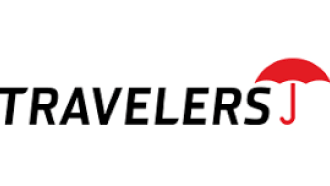
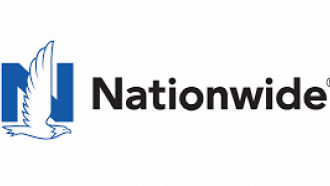

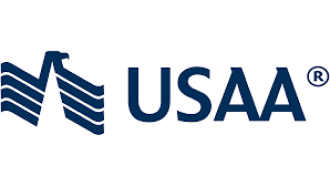
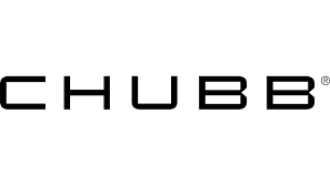
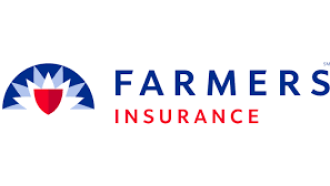
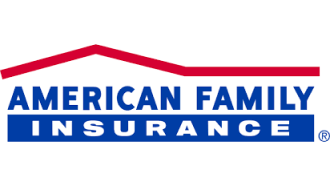
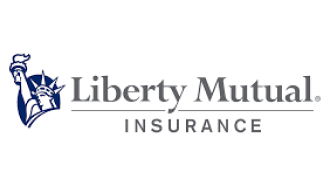

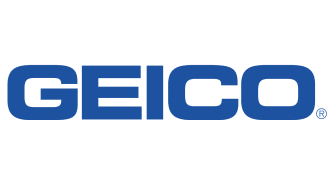
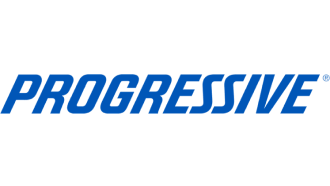
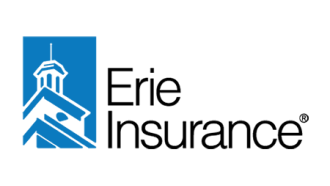
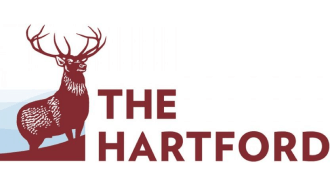
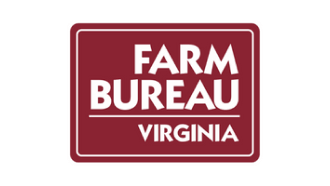
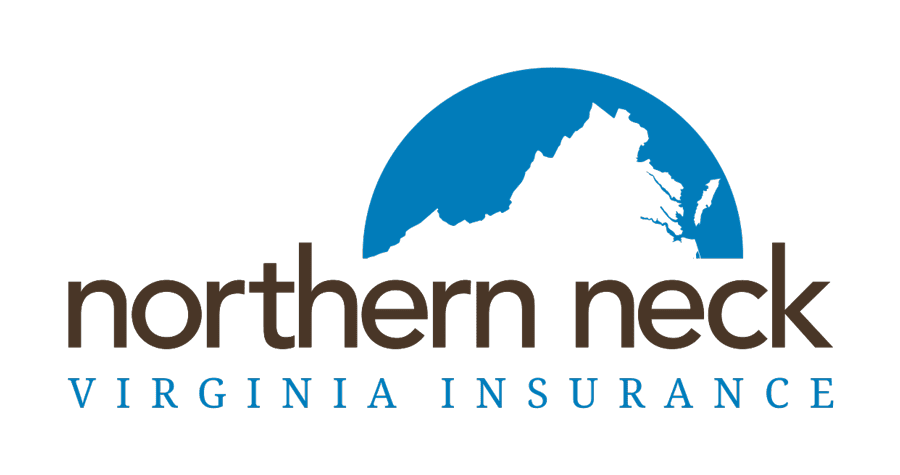
Contact
Interested in working with us? Call us at (804) 779-3089 or send us a message below!


